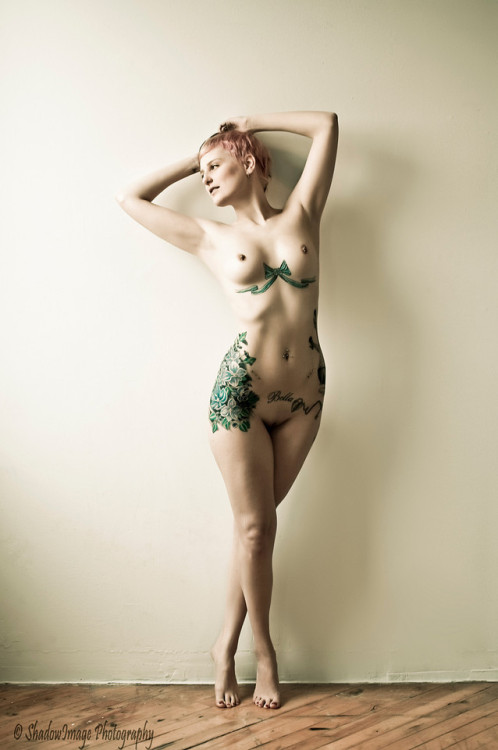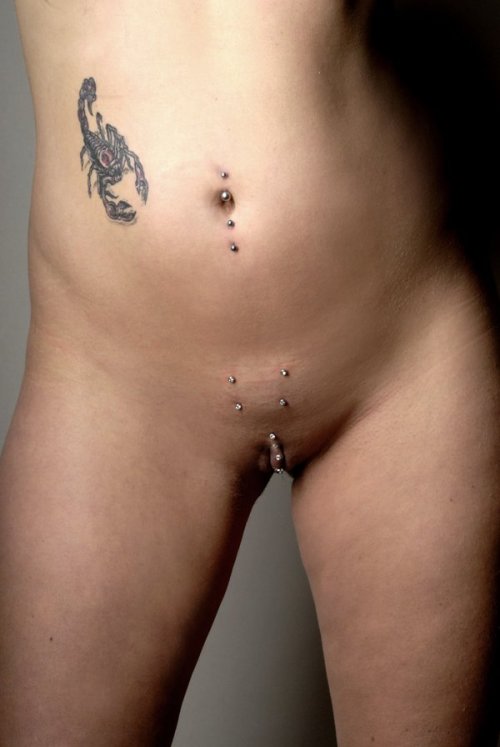


 Why Waugh went Mad
Why Waugh went MadLewis Jones
Published 26 June 2008 (New Statesman)
Madresfield: the Real Brideshead Jane Mulvagh Doubleday, 400pp, £20
Madresfield Court is an ancient and beautiful house in the blue remembered Malvern Hills. Evelyn Waugh first stayed there in 1931, broke and homeless after his divorce, and fell in love with the house and family - the Lygons. Waugh knew them through Hugh Lygon, for whom he had had a tendresse at Oxford, and who was charming, gay, drunk and doomed. Hugh had two brothers and four sisters, and the parents were absent (father in Venice, mother staying with her brother), so "Mad" became the refuge of such riff-raff as Robert Byron, Cecil Beaton, Randolph Churchill and Nancy Mitford - Liberty Hall, with liveried butlers, footmen and grooms.
Imaginatively at least, Madresfield was the consummation of Waugh's epic love affair with the upper classes. He wrote much of Black Mischief and Remote People there. His letters to "Darling Blondy & Poll" (Lady Mary and Lady Dorothy Lygon, aka Maimie and Coote) are among his funniest and most obscene. And the house looms in his subsequent novels. In A Handful of Dust, Hetton Abbey is exactly modelled on Madresfield, and in Brideshead Revisited house and family achieve operatic apotheosis.
"I am not I," declared Waugh on the title page of Brideshead, "thou art not he or she: they are not they." In a letter to Dorothy, he explained that he was writing a novel "all about a family whose father lives abroad, as it might be Boom [his friends' father, the 7th Earl Beauchamp] - but it's not Boom . . . and a younger son: people will say he's like Hughie, but you'll see he's not really Hughie - and there's a house as it might be Mad, but it isn't really Mad".
Right, yeah, not really, no, whatever. Roughly translated, Charles is Evelyn; Sebastian is Hugh; Marchmain is Beauchamp; Bridey is Elmley; Julia is Dorothy; and Cordelia is Mary. Madresfield, as the title of Jane Mulvagh's new book reminds us, is the Real Brideshead. And the Real Brideshead, furthermore, is most decidedly not Castle Howard, as seen in the TV adaptation.
The only drawbacks to this story as a subject are that it has already been told, and it isn't enough to fill a book. Mulvagh does her best to spin it out, topping and tailing her narrative with the Brideshead element and reserving Lord Beauchamp's exile for her finale. That leaves 320 or so pages to fill, which she does with an affectionate and lavishly illustrated history of the house and family. With courtyard, chapel, hall and scores of bedrooms, Madresfield is on the scale of an Oxford college, and the brickwork of its Victorian additions recalls the "holy zebra" style of Keble College, of which the 6th Earl Beauchamp, an ardent Tractarian, was a founder. In a thousand years, it has never been bought or sold. Its 12th-century outer doors, approached over a moat, have no handles, as it has never been left unattended.
The most interesting parts of the history involve artists. When, for example, a distant kinsman died intestate in 1798, the Lygons inherited a huge fortune - though the inheritance was disputed for an amazing 170 years, giving Dickens his model for the case of Jarndyce v Jarndyce in Bleak House. Edward Elgar's father used to tune the pianos at Madresfield, and the composer became a great friend of Lady Mary Lygon, whom he evoked in the "Romanza", the 13th of his Enigma Variations.
The 7th Earl - "Boom" - served in Asquith's cabinet, and thought it middle-class not to decant champagne into jugs. He was also homo sexual. Unluckily for him, his wife's brother was the 2nd Duke of Westminster, who hated him. Perhaps because his name was so gay, Bend'Or Westminster was a virulent homophobe, and when he learned Boom's secret he told George V that he would expose the earl. The king sent emissaries to Madresfield, where they persuaded Beauchamp to resign his official posts (all except for Lord Warden of the Cinque Ports) and to leave England by midnight.
He spent five years in exile in Paris, Venice, San Francisco and Sydney - gay-tolerant cities even then - until his daughter Sibell prevailed on Lord Beaverbrook, whose mistress she was, to persuade the home secretary to annul the warrant for his arrest. He returned to Madresfield, dying on a trip to New York two years later. Like the Flytes, the Lygon children drank too much and formed unsuitable relationships. "We ought not to go out with jockeys," Sibell noted in 1934.
Mulvagh is not altogether reliable in matters of style and fact. "Violent riots" is a tautology, for example, and Evelyn Waugh was not sent down from Oxford. And he would have hated the title: the Real Brideshead is to be found in his novel and it's all in the "as it might be".











No comments:
Post a Comment